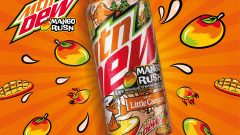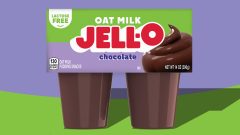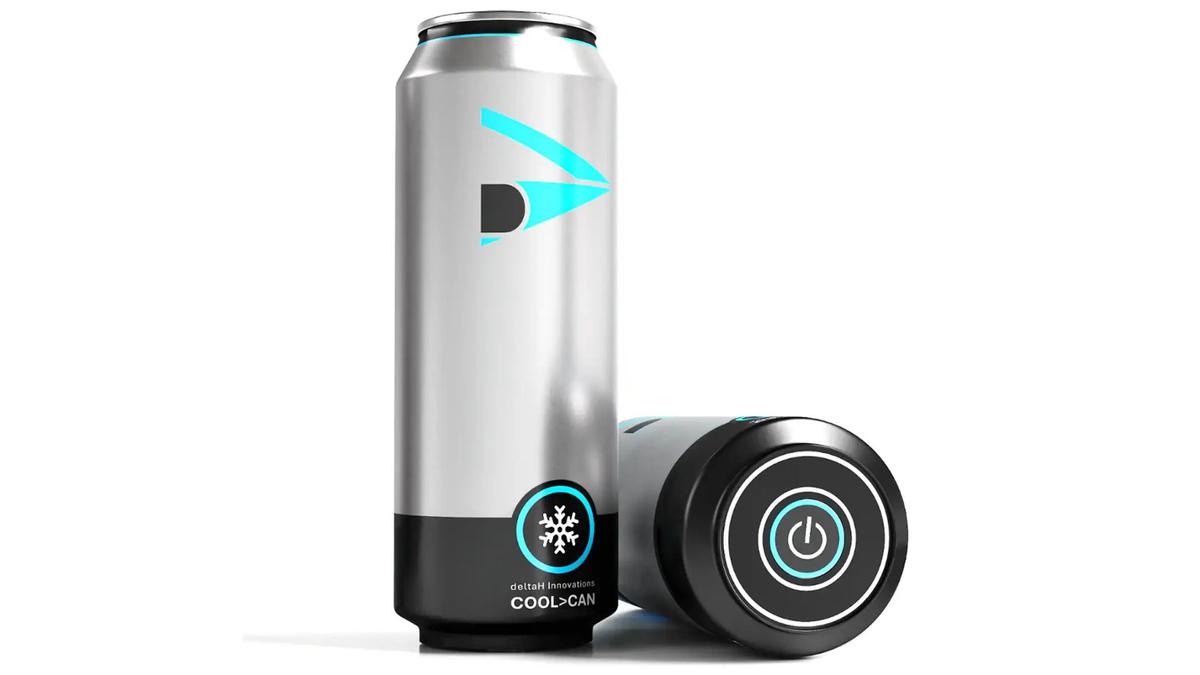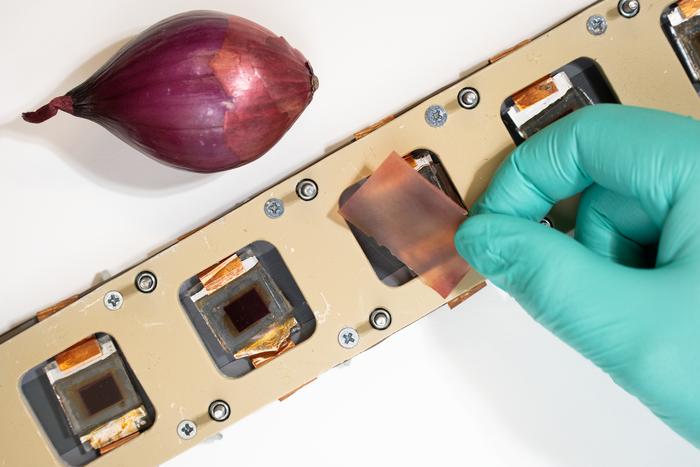Scientists Working On Introducing Lab-Grown Animal Fat To Plant-Based Products
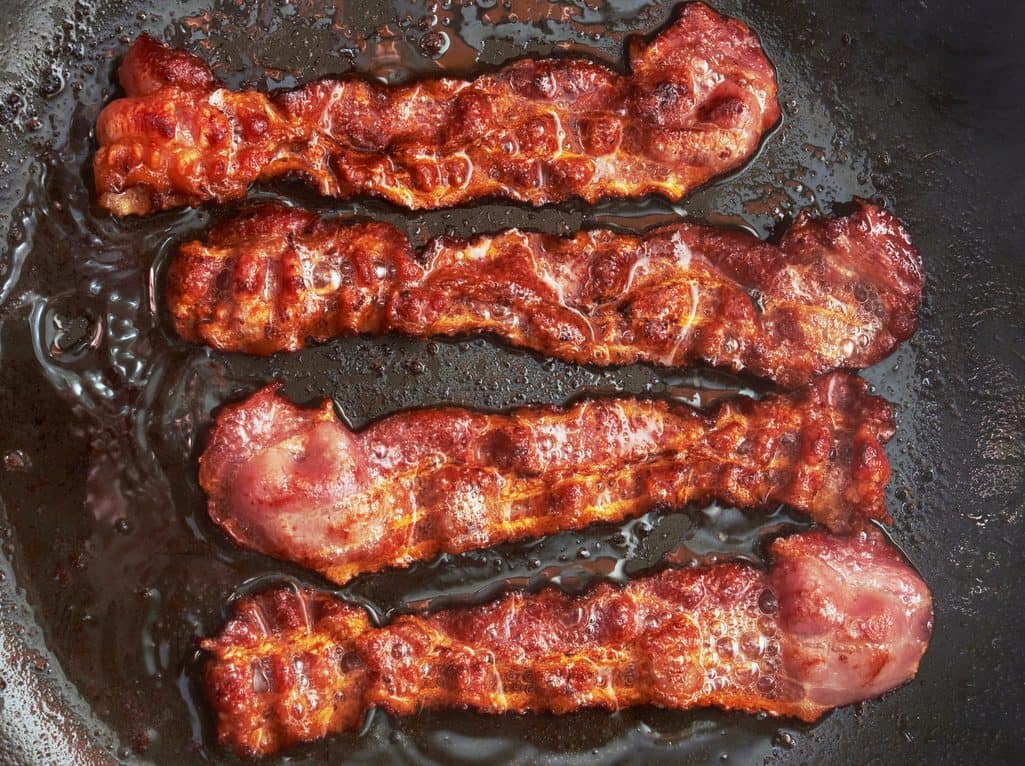
From familiarity, to higher cost, there’s many reasons why most people are reluctant to transition away from eating meat. As a vegan of nearly 10 years, I’ve experienced all facets of plant-based foods, and can honestly say that, although taste has progressed significantly, it still has miles to go. We’re slowly finding out that alternative proteins can be made from just about anything, yet the novelty of making burgers from peas isn’t enough to convince a population of people to overhaul their diet. Simply put, plant-based food can’t only mimic the real deal, it has to be the real deal.
Recent reports suggest a decline in the plant-based food market, whereas lab-grown meat still requires approvals before it can be introduced to consumers. According to Yasmin Tayag of The Atlantic, there may be a hybrid solution that can offer the best of both worlds: lab-grown animal fat, otherwise known as cultivated fat.
Documenting her experiences trying “guilt-free” bacon, Tayag wrote, “Even before I tried the bacon, or even saw it, I could tell it was different. The aroma of salt, smoke, and sizzling fat rising from the nearby kitchen seemed unmistakably real.”

The guilt-free fake bacon, or facon, was created by biotech startup Mission Barns and features pork fat that was grown in a bioreactor. The plant-based animal fat combo made an impression on Tayag, who further shared, “[Then] crunch gave way to satisfying chew, followed by a burst of hickory and the incomparable juiciness of animal fat.” Apparently, the addition of animal fat elevates plant alternatives to a level of deliciousness more akin to actual meat.
Mission Barns CEO Eitan Fischer considers lab-grown animal fat more feasible than meat, as it only involves one type of cell, making it easier to recreate. Hoxton Farms, another cultivated fat company, says they only require 10 percent animal fat to make a convincing product.
Advancements aside, cultivated fat doesn’t address the nutrition aspect of plant-based products, which has faced scrutiny. It’s simply not as protein-rich. Another hurdle is convincing consumers that a product that’s not completely plant-based, and not completely lab-grown meat is healthy, safe, and worth trying. Lastly, as new technology, it’s still very expensive. Time will tell how the tale of alternative meat proteins unravels.







